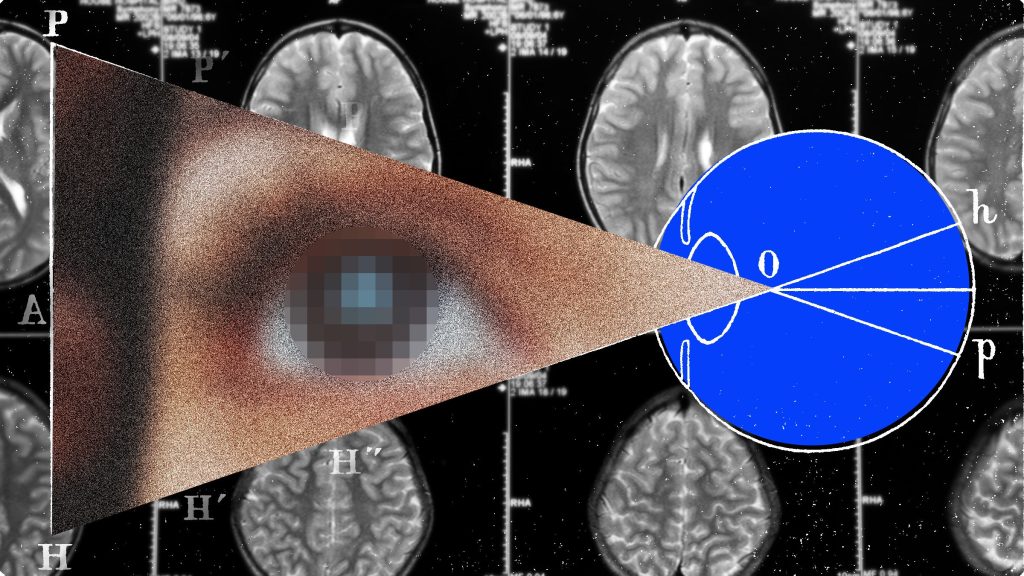Artificial Vision: The New Brain Implant Frontier
2 min readThe Next Frontier for Brain Implants Is Artificial Vision
Advancements in technology have paved the way for incredible innovations in the field of medicine. One such innovation is the...

The Next Frontier for Brain Implants Is Artificial Vision
Advancements in technology have paved the way for incredible innovations in the field of medicine. One such innovation is the development of brain implants that have the potential to restore sight to those who are visually impaired. Artificial vision, also known as visual prosthetics, is a cutting-edge technology that aims to provide individuals with vision loss the ability to perceive visual information through the use of implanted devices.
Currently, the most commonly used type of artificial vision device is the retinal implant. These implants work by directly stimulating the remaining retinal cells in the eye, bypassing the damaged photoreceptors and transmitting visual information to the brain. While these devices have shown promising results in restoring some level of vision to patients, researchers are constantly working to improve the technology and expand its capabilities.
The next frontier for brain implants in the field of artificial vision lies in the development of more advanced and sophisticated devices that can provide higher resolution images, enhance color perception, and improve overall visual acuity. Scientists are also exploring the possibility of integrating artificial intelligence and machine learning algorithms into these implants to further enhance their functionality and adaptability to different environments.
As research in this field continues to progress, the potential applications of artificial vision implants are vast. These devices have the potential to not only restore sight to those with visual impairments, but also enhance the vision of individuals with normal vision by providing them with superhuman capabilities, such as the ability to see in infrared or ultraviolet wavelengths.
In conclusion, the future of brain implants in the field of artificial vision is incredibly bright. With continued research and innovation, these devices have the potential to revolutionize the way we perceive and interact with the world around us. The possibilities are limitless, and the impact on society could be truly transformative.





